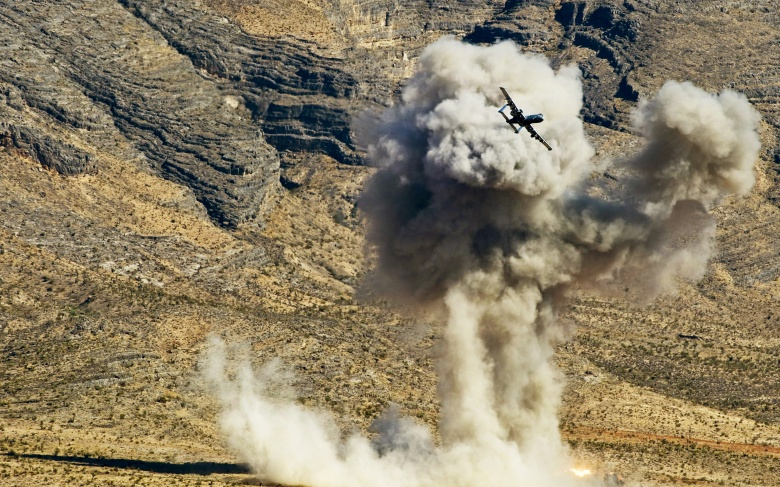By Sharmini Peries,
The Real News Network | Video Interview
TRANSCRIPT: Sept 15. 2014
SHARMINI PERIES, EXEC. PRODUCER, TRNN: Welcome to The Real News Network. I'm Sharmini Peries, coming to you from Baltimore. This is an edition of the Phyllis Bennis report.
President Obama on Wednesday laid out a four-point plan to deal with the Islamic State. Here is some of what he had to say.
~~~
BARACK OBAMA, U.S. PRESIDENT: First, we will conduct a systematic campaign of airstrikes against these terrorists.
Second, we will increase our support to forces fighting these terrorists on the ground.
Third, we will continue to draw on our substantial counterterrorism capabilities to prevent ISIL attacks. And in two weeks, I will chair a meeting of the U.N. Security Council to further mobilize the international community around this effort.
Fourth, we will continue to provide humanitarian assistance.
~~~
NOOR: Now joining us to unpack the speech is Phyllis Bennis. Phyllis is a fellow directing the New Internationalism Project at the Institute for Policy Studies in Washington, D.C. She is also a writer, analyst, and an activist on Middle East and UN issues.
Thank you so much for joining us, Phyllis.
President Obama outlined four key strategies to eliminate ISIL. The U.S. has tried these strategies before. Phyllis, what do you think of these strategies? And will they work this time?
PHYLLIS BENNIS, FELLOW, INSTITUTE FOR POLICY STUDIES: I think what President Obama outlined last night was a four-part military strategy. Only the last one, which had to do with humanitarian support, about which he said virtually nothing, was not military. All the others were various aspects of military responses. And as he has said himself so many times, there is no military solution to this crisis. So, acting as if we can have a military victory is guaranteeing failure.
What we should have heard from President Obama last night would have been a four-part diplomatic proposal. You know, there's at least four diplomatic things that should be done, but we didn't, unfortunately, hear any real emphasis on that.
PERIES: Can you elaborate on what those four points might have been?
BENNIS: Well, we could start with looking seriously at what is it going to take to change the dynamic of sectarianism in Iraq that creates support for ISIS. The reason ISIS is so powerful is because they have support on the ground, particularly from Iraqi Sunnis, particularly Sunni tribal leaders and their militias, Sunni generals from the former regime that are providing the kind of military strategy and training for ISIS. So we need to talk seriously about that and figure out what's it going to take to pressure the new government to reverse that. It's not going to happen on its own. And the U.S. doesn't have that much power.
So this is a moment when the U.S. needs to engage with Iran, the other influential player in Baghdad. The U.S. and Iran right now are on the same side. Both want a newly inclusive government in Baghdad. So this is a moment for real negotiations, real diplomacy between the U.S. and Iran. That could be number one. Number two--.
PERIES: And can I just interrupt you for a second? There are murmurs that these discussions are going on in secret with the Iranians. Do you know any more on that?
BENNIS: I don't have any information. I think there probably are some very small tactical, low-level negotiations underway that probably have something to do with not getting in each other's way in Iraq, something like that. But I'm talking about something bigger than that. The nuclear talks are going very well. Perhaps this should be a moment to try to expand those talks, to really look at the idea of a grand bargain with Iran that would take up the question of the regional crises and Iran's role legitimizing Iran's role as a regional power. That's perhaps not in the immediate agenda, but that's the kind of diplomacy we should be thinking about.

